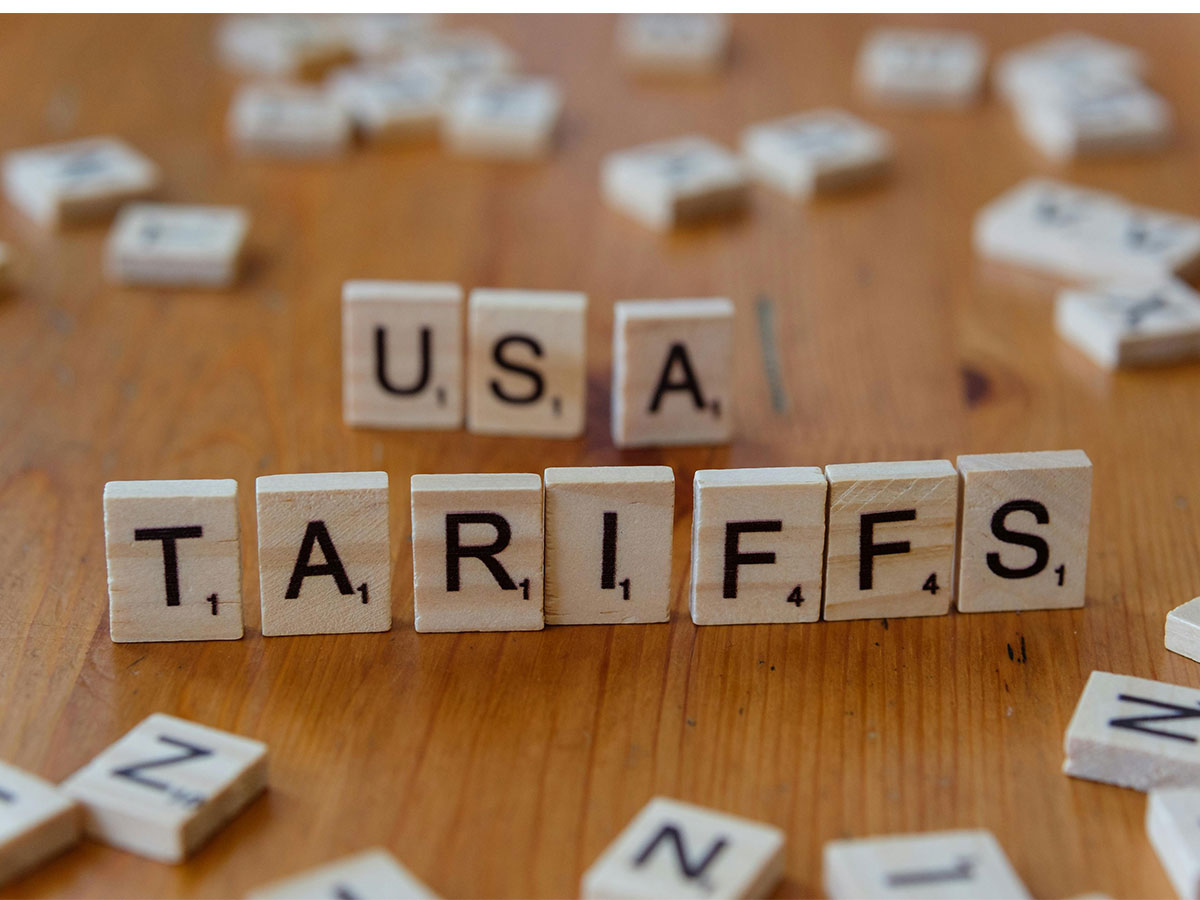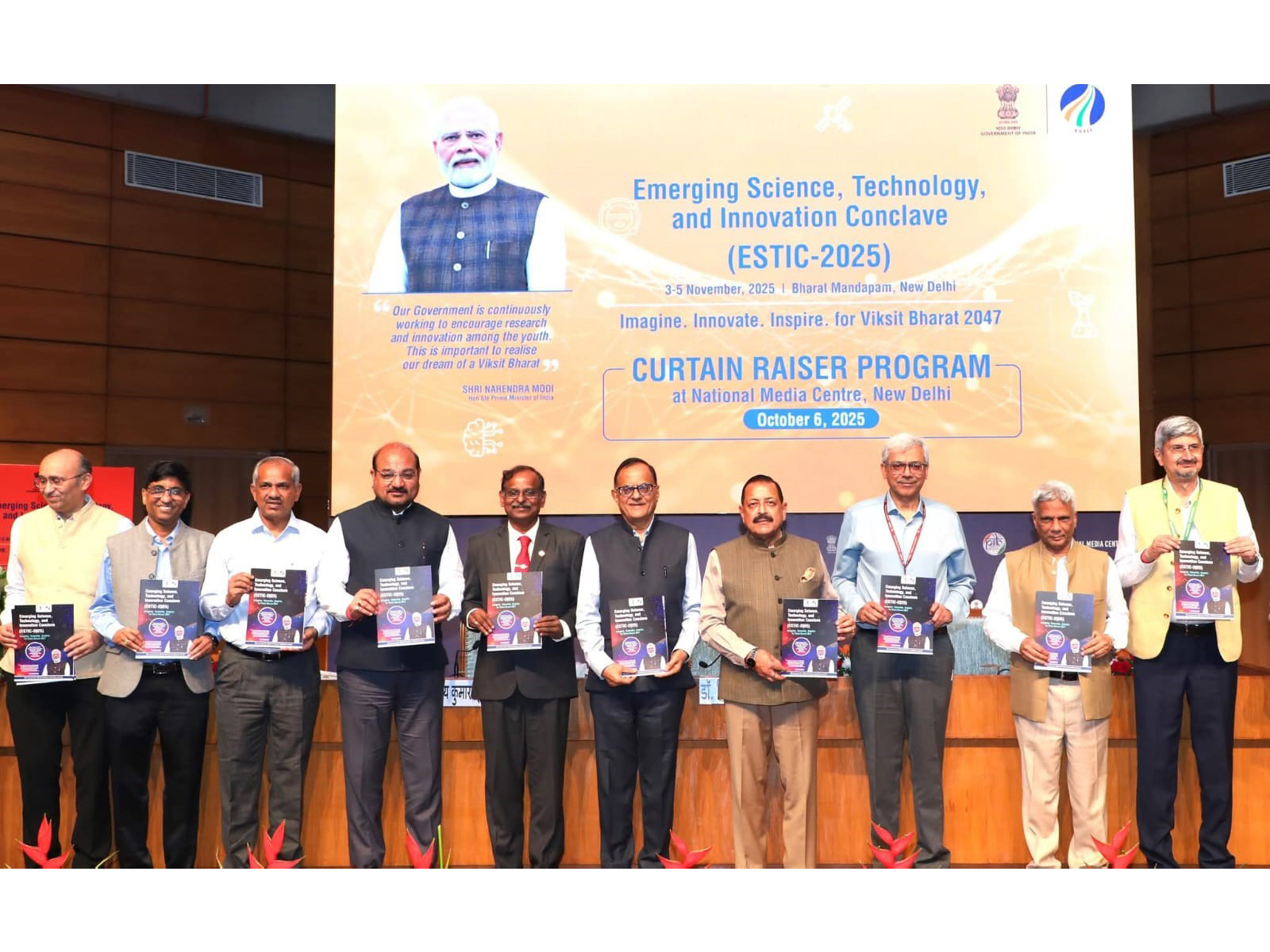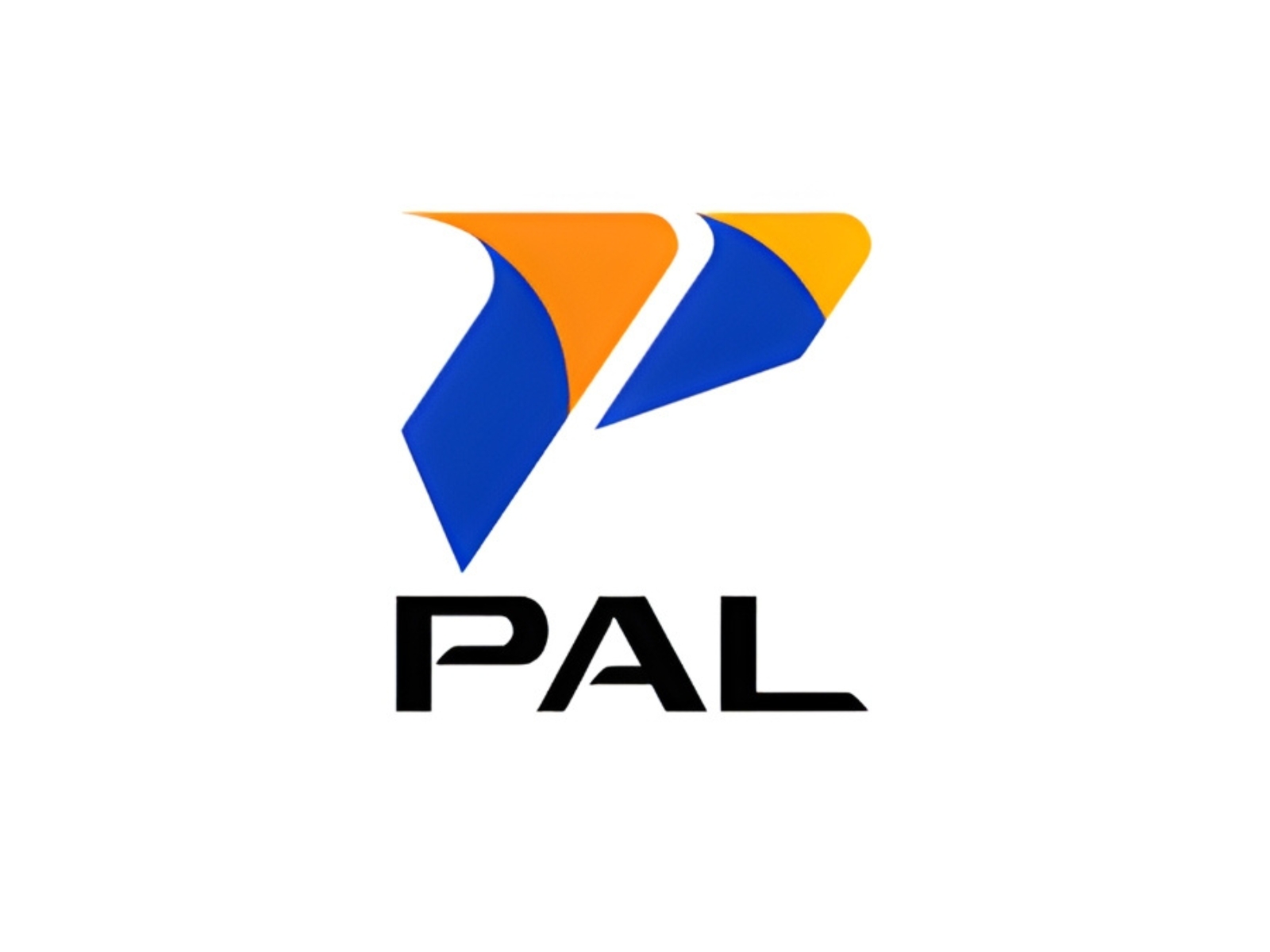U.S. port association voices strong opposition to Washington's tariff policies
Oct 18, 2025
Washington [US], October 18: The American Association of Port Authorities (AAPA) has voiced strong opposition to new U.S. tariffs on port equipment and shipping, warning that such measures would "cause America's ports to slow modernization and fall further behind competitors."
The Office of the U.S. Trade Representative (USTR) on Oct. 10 announced modifications to a series of tariff actions proposed earlier this year, including "tariffs of 100 percent on certain ship-to-shore (STS) cranes and cargo handling equipment."
In response, AAPA President and CEO Cary Davis told business magazine Recycling Today that "tariffs on key equipment will not lead to a manufacturing boom; they will only make shipping goods through U.S. ports more costly."
"The seaport industry is challenged by yet more taxes on the equipment necessary for supply chain expansion and resilience," Davis said. "Ports large and small struggle to finance large, modern, world-class equipment like cranes when government policies double the price overnight. The choice is between affordable equipment or lagging behind."
According to the report, the AAPA maintained its opposition to the 100-percent tariff on STS cranes, arguing that it effectively makes imported cranes more expensive as there is no U.S. manufacturer of such equipment.
Regarding the USTR's proposal to impose a 150-percent tariff on certain cargo-handling equipment, such as rubber-tired gantry cranes and related components, the association warned that the measure would set back port expansion and modernization for years.
The AAPA urged the Trump administration to reverse course on these tariffs and instead support U.S. businesses through targeted tax credits and increased funding for port infrastructure, the report said.
At the AAPA's annual convention on Oct. 6, U.S. port officials had already voiced growing frustration over the impending tariff adjustments.
According to DredgeWire, a news outlet specializing in dredging, ports and harbors, two Port of Houston officials complained at the convention about the proposed tariffs on STS cranes, saying the move would add costs and undermine the port's modernization efforts.
"They complained that their meetings with Trump administration officials had yielded no positive outcome, as the officials did not fully comprehend the potential threat to the Port posed by the tariffs," the report said.
Raising tariffs on cranes "will not magically revitalize an American crane manufacturing industry that has been nonexistent for decades. It will, however, force public port authorities to pay more for the cranes already ordered or that they must order soon to replace aging equipment or outfit new terminals," Davis added.
Seatrade Maritime News reported that Gene Seroka, executive director of the Port of Los Angeles (POLA), described the Trump administration's tariffs as a "whirlwind" during a monthly briefing on Wednesday.
Seroka commented on the impact of the USTR's Section 301 charges targeting foreign-owned, built or operated vessels calling at U.S. ports, which took effect on Oct. 14.
"On the ship side it's a very complicated series of formulas that's meant to assess the highest fee possible," said Seroka, adding that in Los Angeles, just over 20 percent of ships calling at the port were foreign-built or operated by foreign companies.
"This week we only have one ship" that was foreign-built calling at POLA, he said.
According to data from POLA's Port Optimizer Control Tower, 22 vessels are expected to call during the week of Oct. 12-18.
The report added that the port is facing "multiple impacts" from the U.S. trade war and the ongoing federal government shutdown.
Source: Xinhua








